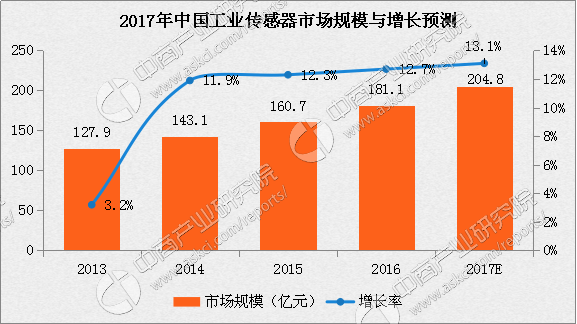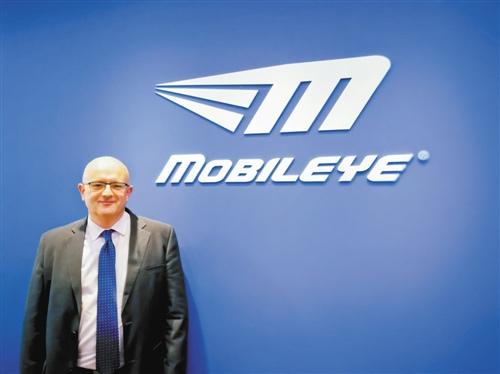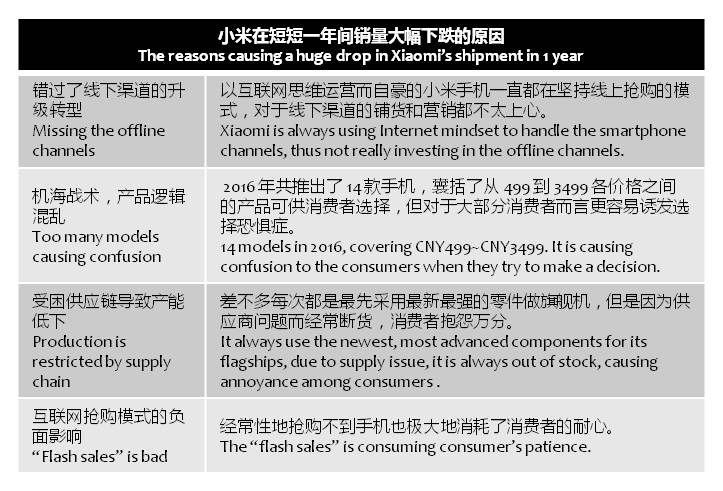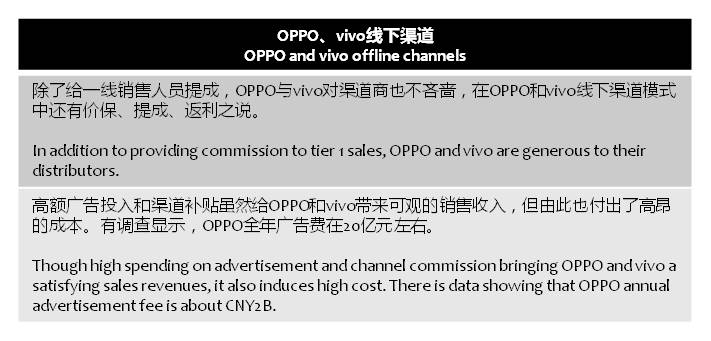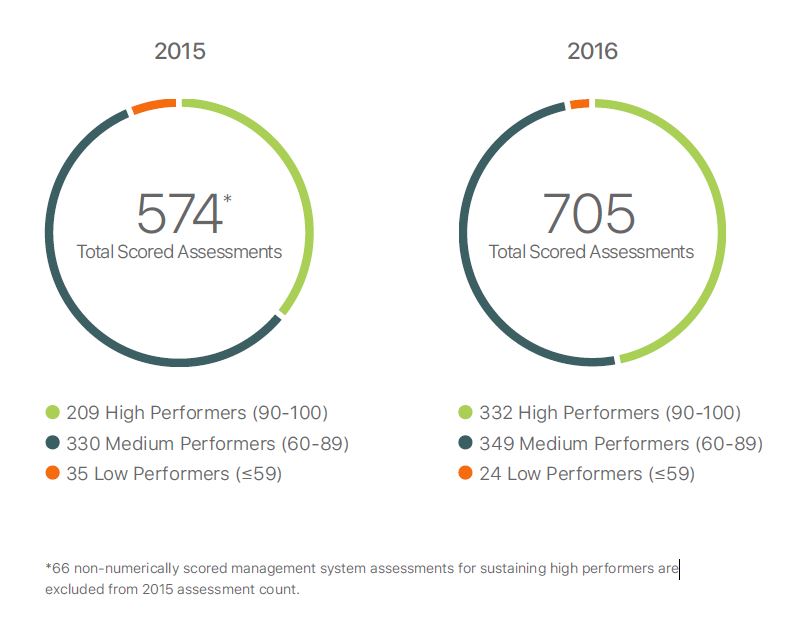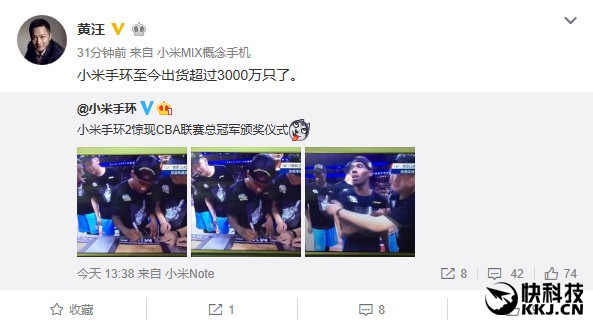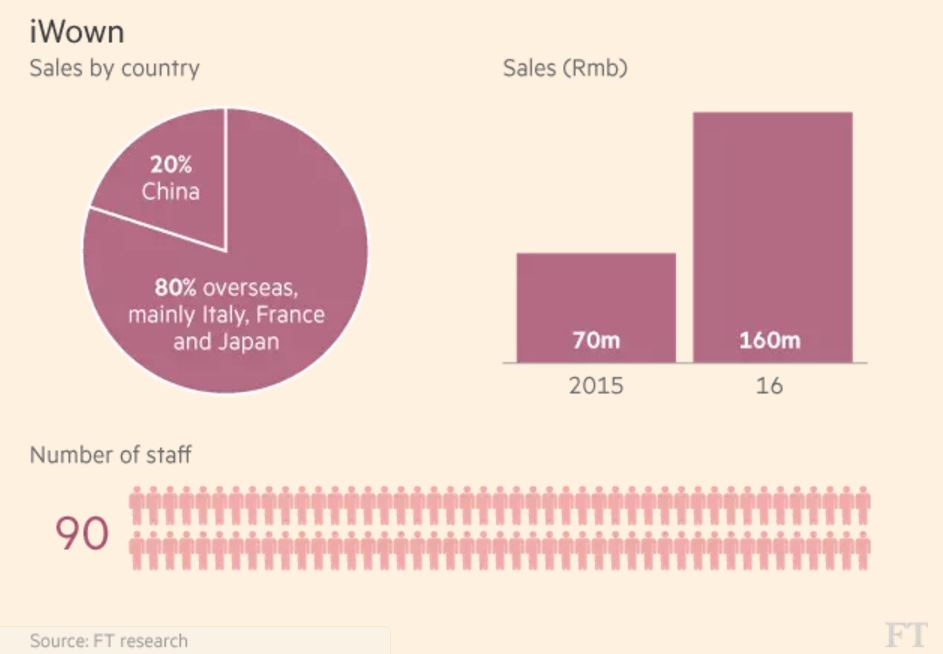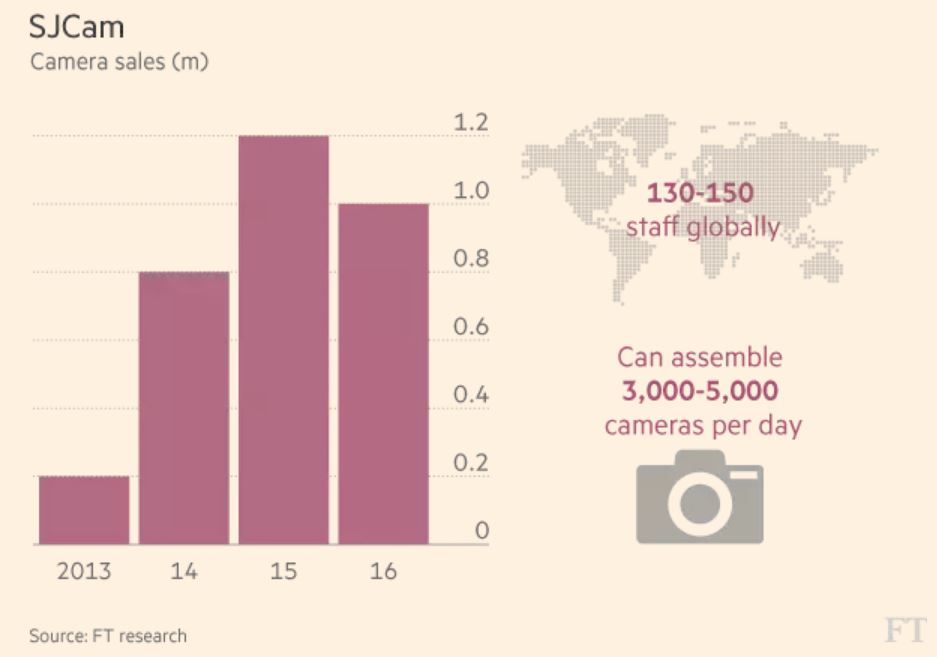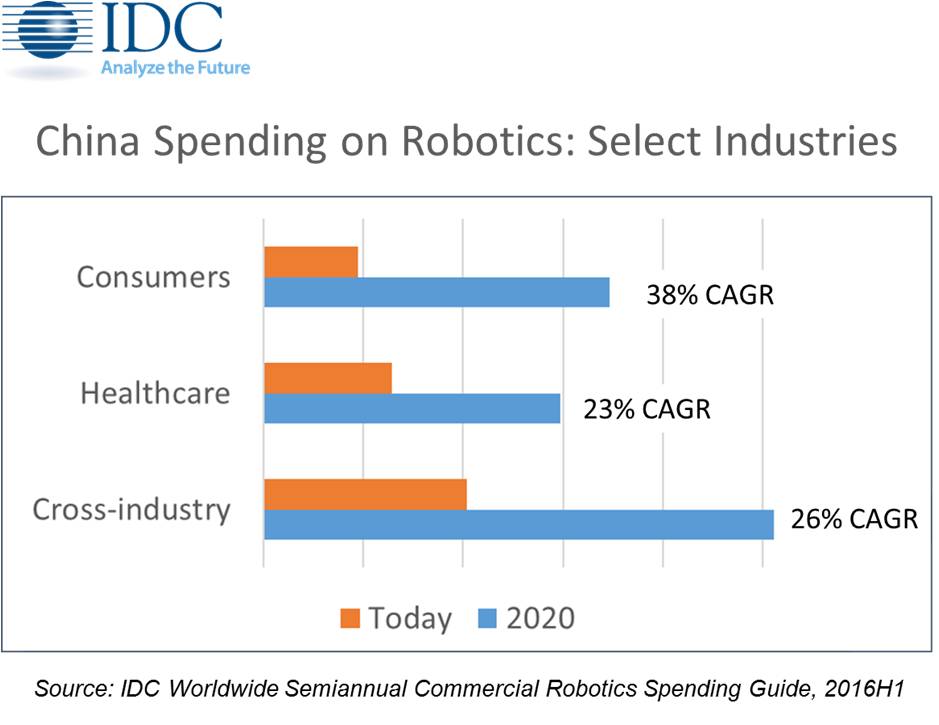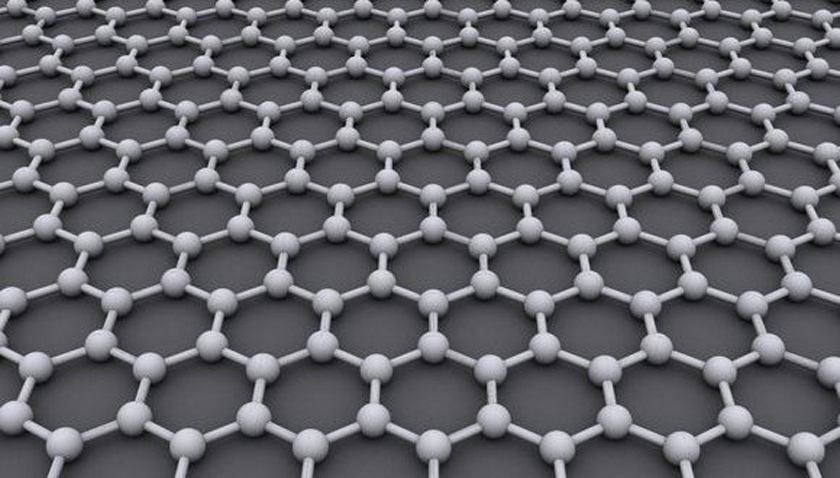
04-09: Macronix sues Toshiba for patent infringement; Huawei may be barred from selling its smartphones in the UK after Unwired Planet International won in a long-running patent infringement lawsuit; etc.
Chipsets
IBM plans to release the Tesla P100 as the latest generation of the NVIDIA graphics processing unit (GPU) on its Bluemix bare-metal servers. This will allow businesses to run high-performance workloads like machine learning and artificial intelligence (AI). (TechNews, eWeek, IT Biz Advisor, Info World)
Intel, Ericsson, Honeywell, General Electric (GE) and the University of California Berkeley have formed the 5G Innovators Initiative to explore and test new ideas that could change how connected devices, business, cities, and media operate. (Engadget, Intel, Engadget CN)
IHS Markit forecasts the total market for power semiconductors (discretes, power modules and power ICs) to increase from USD5.5B in 2016 to more than USD8.5B in 2022. Revenue will grow at an annual rate of 7.5% from 2015 to 2022. (Laoyaoba, Sohu, IHS Markit, press)
Touch Display
LG Electronics is mulling a novel business of designing and building a liquid crystal display (LCD) fab in India. LG’s Materials & Production engineering Research Institute (PRI) is deliberating on a project to design and build a 8th generation LCD fabrication facility in Nagpur, Midwestern India, together with Twintower Display of India’s Vedanta Group. (Pulse News, ET News, Money DJ, TTV)
Memory
The U.S. International Trade Commission (ITC) will investigate a complaint by a Macronix International that flash memory products made by Toshiba infringe on its patents. The independent quasi-judicial agency handles claims of intellectual property rights violations related to American imports. The commission can halt the import or sale of products if it finds that infringement has occurred. (Laoyaoba, China Times, Focus Taiwan, Asia Nikkei)
University of Exeter has developed innovative new memory using a hybrid of graphene oxide and titanium oxide. Their devices are low cost and eco-friendly to produce, are also perfectly suited for use in flexible electronic devices such as ‘bendable’ mobile phone, computer and television screens, and even ‘intelligent’ clothing. (Android Headlines, Android Authority, BGR, Eureka Alert, Pixcn)
Sensory
According to CCID Consulting, in 2015 industrial sensor market size in China grew to CNY16.07B. With the developing smart industry, the market size will continue to grow, and expects to reach CNY30.8B by 2020. (OfWeek, AskCI, press)
Mobileye global sales director David Oberman indicates that EYEQ3 is the main product currently. The next generation product EYEQ4 is expected entering mass production in 2018. (163, Laoyaoba)
Smartphone
According IDC China, Xiaomi mobile phone shipment in 2016 was 41.5M units, ranked at #5, and compared to 64.9M units in 2015, it was a 36% drop. Xiaomi now is not a pure smartphone company. (CN Beta, iFeng, 163)
OPPO indicates that in 2016 product shipment at offline channel is more than 90% of overall shipment. In 2017, the company will not plan to open more offline stores, but to increase the quality and strengthen the control. If a product is lack of innovation, and its positioning is not accurate, it is difficult to make sure its growth with its channels. (Laoyaoba, Sina, CB.com, press)
Huawei may be barred from selling its smartphones in the UK after Unwired Planet International won in a long-running patent infringement lawsuit. The High Court of England and Wales has ruled that Huawei must pay Unwired licensing fees for using Unwired’s patented intellectual property in 4G handsets. If the Huawei fails to pay, the court reserves the power to halt sales of its mobile phones. (Sohu, Digital Trends, HSW, The Register)
In the 11th installment of the report, Apple audited a total of 705 suppliers, up from 640 audits conducted in 2015, and the 633 audits in 2014. The number of suppliers complying with Apple’s 60-hour workweek has reached 98%, up from the 97% recorded in 2015, and an all-time high for Apple since it started publishing the report. (CN Beta, Apple Insider, Apple, report, ECNS)
Refurbished or second-hand mobile phone market is blooming in China. A lot of refurbished phone business is flowing to online commerce. In China about 90% second hand mobile phone recycle is going back online. Even in Shenzhen’s Huaqiangbei, Apple’s second hand iPhone resource must be coming from US, EU via Hong Kong. “Aihuishou” is an online company for refurbished phones, and in 2016 their sales has reached CNY1.8B, and more than 5M units of phones have been refurbished. (IT Times, press, 163, Laoyaoba)
Wearables
Huami CEO Huang Wang indicates that the company has shipped 30M units of Xiaomi Band till now. (Laoyaoba, Huanqiu, My Drivers)
Shenzhen’s Huaqiangbei electronics market in downtown Shenzhen is a gadget geek’s paradise, selling everything from individual semiconductor chips to roll-up drum kits to hoverboards. For some, it is also the culprit for the declining fortunes of US wearable tech companies such as GoPro and Fitbit. Perhaps the clearest sign that the new breed of Shenzhen lookalikes are coming of age is that they themselves are plagued by knock-offs. Also focusing on quality, SJCam and iWOWN took their cues from the US — GoPro and Fitbit, respectively. (Financial Times, press, My Drivers)
Internet of Things
IDC reports that China spending on robotics and related services will more than double, growing from USD24.6B in 2016 to USD59.4B in 2020. China is the single largest and the fastest growing robotics market in the world, and will account for more than 30% of the worldwide robotics spending in 2020. (IDC, press, CTI Forum)
